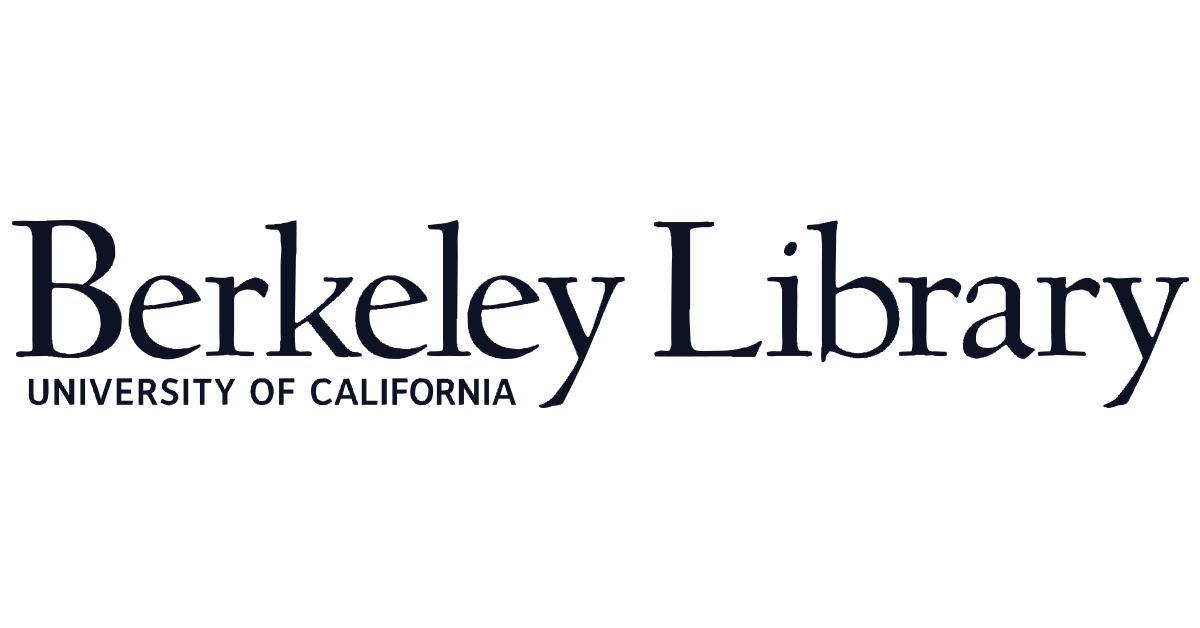Does artificial intelligence redefine academic performance in Moroccan higher education? Opportunities, challenges, and ethical frontiers
DOI:
https://doi.org/10.5281/zenodo.15462366Keywords:
Artificial Intelligence (AI); Moroccan higher education; academic performance; ethical considerations; digital transformation.Abstract
The integration of artificial intelligence (AI) into education is transforming teaching and learning dynamics worldwide, presenting both opportunities and challenges. In Moroccan higher education, AI adoption holds significant potential to enhance academic performance, yet its pedagogical and ethical implications remain insufficiently explored. This study examines the impact of AI tools on students’ learning outcomes through a quantitative survey of 100 students from diverse Moroccan higher education institutions. The findings indicate that AI enhances personalized learning experiences, fosters creativity, and improves classroom management. However, concerns arise regarding students’ over-reliance on AI technologies, disparities in access, and ethical risks related to data privacy and transparency. To address these challenges, this research advocates for an ethical framework that promotes responsible AI use, equitable access, and transparency in educational applications. The study underscores the importance of collaboration among policymakers, educators, AI developers, and students in developing strategies that harness AI’s potential without compromising student autonomy or educational integrity. By offering practical recommendations for AI integration in pedagogy, this research contributes to the ongoing discourse on digital transformation in education and provides valuable insights for optimizing AI’s role in Moroccan higher education.
Downloads
Published
How to Cite
Issue
Section
License

This work is licensed under a Creative Commons Attribution-NonCommercial-NoDerivatives 4.0 International License.























